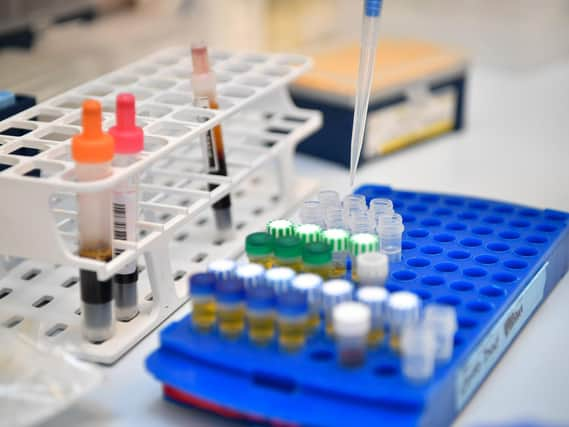Yorkshire doctors are working on personalised Parkinson's Disease treatments


Doctors at the University of Sheffield identified two ways cells could go wrong and cause the degenerative disease.
The study, published in Progress in Neurobiology, was carried out in collaboration with the University of Oxford and is the largest study to date to use patient tissue from skin biopsy samples from people living with Parkinson’s Disease.
Advertisement
Hide AdAdvertisement
Hide AdSome of these samples were transformed in the laboratory into the type of nerve cells found in the brain that are affected by the progressive brain disease.
Professor Oliver Bandmann, from the University of Sheffield’s Institute for Translational Neuroscience, said: “As the underlying reasons for developing Parkinson’s Disease are different in each person, to develop treatments that stop the disease from progressing we need to find out exactly how and why each person develops the disease, which can be very different.
“There currently isn’t a treatment available we can give people living with Parkinson’s Disease that can slow down or stop its progression.
“The results of this study will help scientists to understand how to develop new personalised drug therapies for neurodegenerative diseases and develop effective drugs to rescue the function of the cells affected and help the brain recover for the first time.”
Advertisement
Hide AdAdvertisement
Hide AdThere are an estimated 145,000 people in the UK living with Parkinson’s Disease and about 1 in 37 of us will develop it in our lifetimes.
The University has launched a fundraising appeal to advance research into Parkinson’s Disease.
